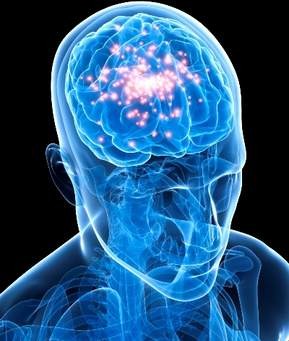Epilepsy is a different disease for many people. Some people are born with it, some develop it from a head or brain injury. There are dozens of different types of seizures and it’s not just one kind of disease with typical symptoms for each sufferer, and the treatment options differ from person to person. What controls your seizures can be so different from another person, just like your seizures might be different than another persons. It’s not an atypical experience for every person.
I have occipital lobe seizures, which means my seizures originate from my occipital lobe, Continue reading Epilepsy and Pot — One Epileptic’s Perspective




